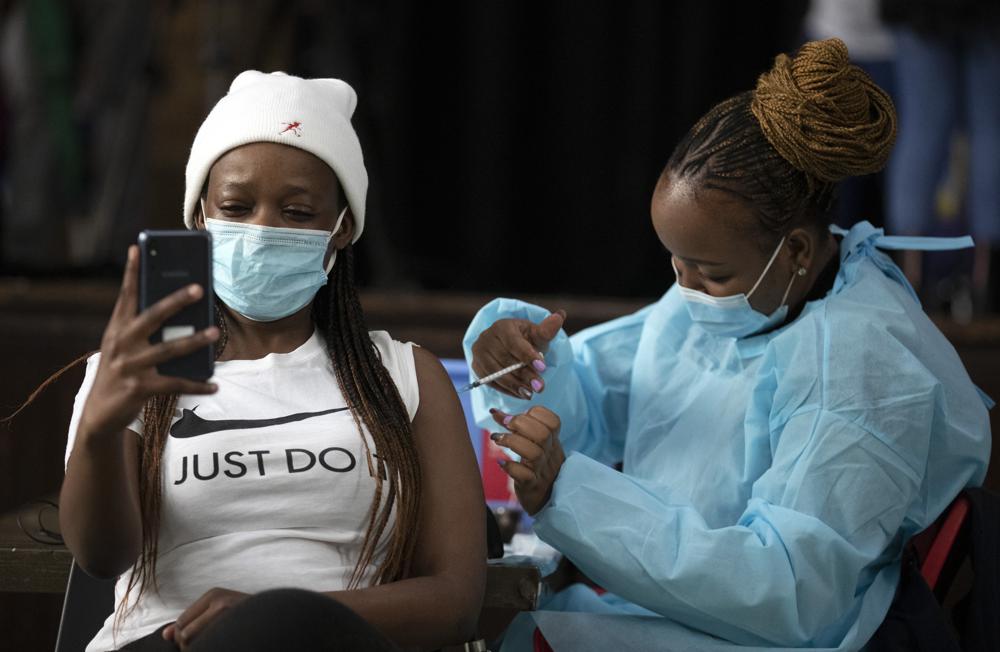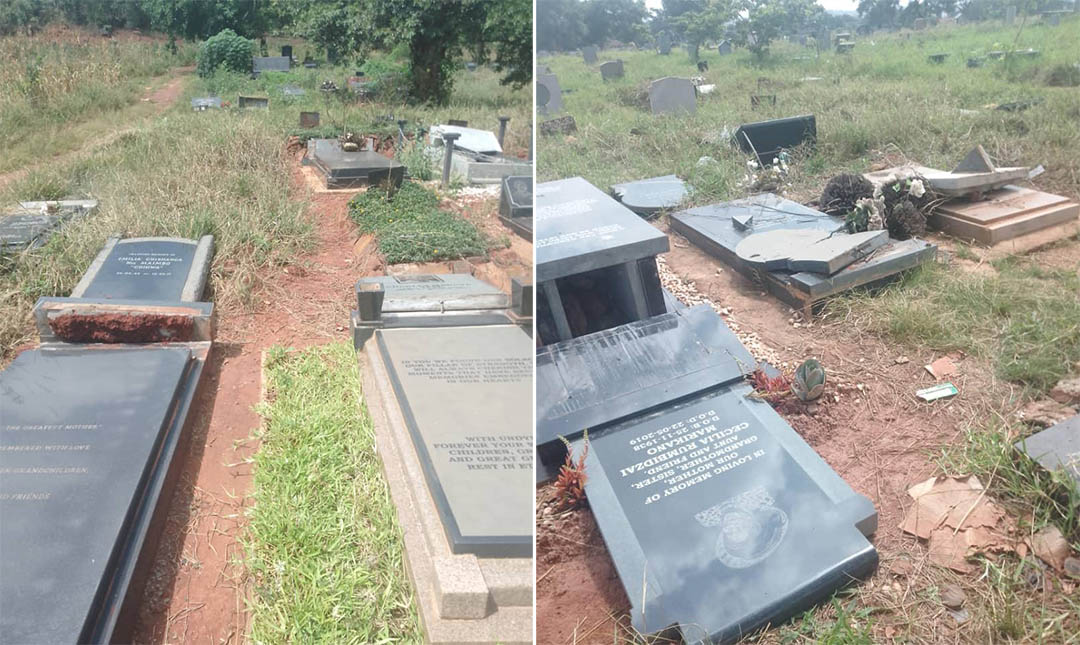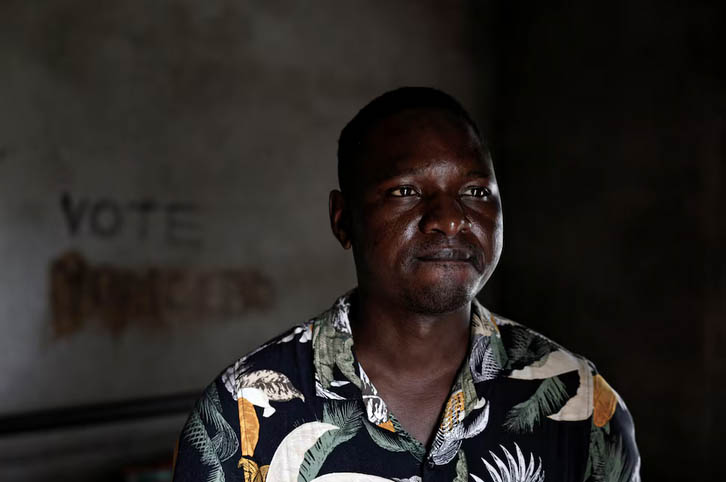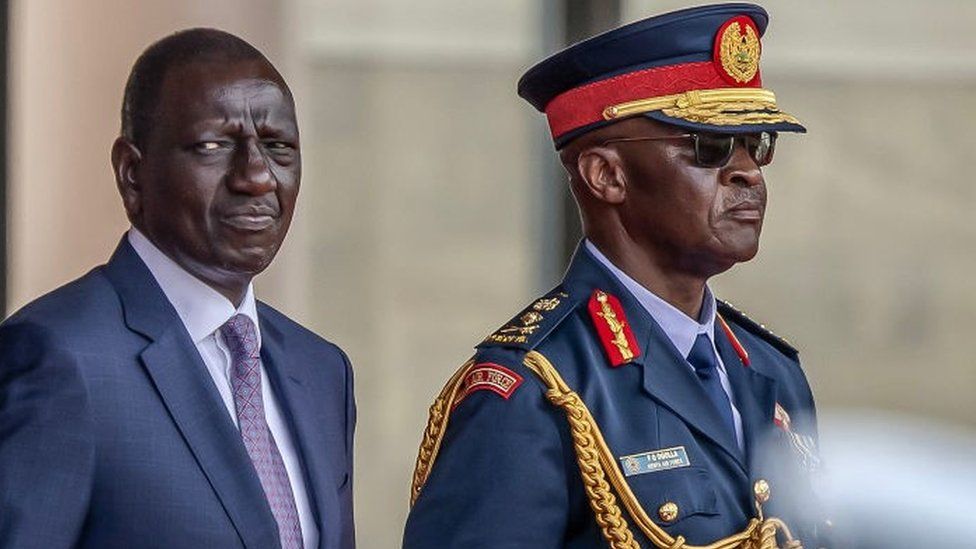LONDON, United Kingdom – Britain will ban flights from six southern African countries from lunchtime on Friday over concerns about a new Covid-19 variant detected in Botswana and South Africa.
The two countries will be added to a so-called “red list” which will also have Zimbabwe, Lesotho, Swaziland and Namibia.
Health secretary Sajid Javid said: “The UK Health Security Agency is investigating a new variant. More data is needed but we’re taking precautions now.
“From noon tomorrow (Friday), six African countries will be added to the red list, flights will be temporarily banned, and UK travellers must quarantine.”
UK experts believe the variant, B.1.1.529, which is rapidly spreading in South Africa, can reduce the effectiveness of vaccines to as little as 30 percent.
The UK Health Security Agency said that the variant has a spike protein that was dramatically different to the one in the original coronavirus that Covid-19 vaccines are based on. It has 32 mutations that are likely to evade the immune response generated both by prior infection and vaccination, and also mutations associated with increased infectivity.
Lab studies are needed to assess the likelihood of the mutations resulting in greatly reduced vaccine efficacy, scientists said. Health officials have advised the UK government on the need to act swiftly and pre-emptively in case the concerns over the impact of variant are borne out, even though it could take weeks to generate all the information needed about its characteristics.
Earlier on Thursday, South Africa’s Health Minister Joe Phaahla announced the country has seen a dramatic rise in new infections, particularly in its economic hub of Gauteng.
“Over the last four or five days, there has been more of an exponential rise,” he said, adding that the new variant appears to be driving the spike in cases.
Scientists in South Africa are working to determine what percentage of the new cases have been caused by the new variant.
The new variant has also been found in Hong Kong in a traveller from South Africa, he said.
The new variant has a “constellation” of new mutations, said Tulio de Oliveira, from the Network for Genomic Surveillance in South Africa, who has tracked the spread of the delta variant in the country.
The “very high number of mutations is a concern for predicted immune evasion and transmissibility,” said de Oliveira.
“This new variant has many, many more mutations,” including more than 30 to the spike protein that affects transmissibility, he said. “We can see that the variant is potentially spreading very fast. We do expect to start seeing pressure in the healthcare system in the next few days and weeks.”
De Oliveira said that a team of scientists from seven South African universities is studying the variant. They have 100 whole genomes of it and expect to have many more in the next few days, he said.
“We are concerned by the jump in evolution in this variant,” he said. The one piece of good news is that it can be detected by a PCR test, he said.
After a period of relatively low transmission in which South Africa recorded just over 200 new confirmed cases per day, in the past week the daily new cases rapidly increased to more than 1,200 on Wednesday. On Thursday they jumped to 2,465.
The first surge was in Pretoria and the surrounding Tshwane metropolitan area and appeared to be cluster outbreaks from student gatherings at universities in the area, said health minister Phaahla. Amid the rise in cases, scientists studied the genomic sequencing and discovered the new variant.
“This is clearly a variant that we must be very serious about,” said Ravindra Gupta, professor of clinical microbiology at the University of Cambridge. “It has a high number of spike mutations that could affect transmissibility and immune response.”
Gupta said scientists in South Africa need time to determine if the surge in new cases is attributable to the new variant. “There is a high probability that this is the case,” he said. “South African scientists have done an incredible job of identifying this quickly and bringing it to the world’s attention.”
South African officials had warned that a new resurgence was expected from mid-December to early January and had hoped to prepare for that by getting many more people vaccinated, said Phaahla.
About 41 percent of South Africa’s adults have been vaccinated and the number of shots being given per day is relatively low, at less than 130,000, significantly below the government’s target of 300,000 per day.
South Africa currently has about 16.5 million doses of vaccines, by Pfizer and Johnson & Johnson, in the country and is expecting delivery of about 2.5 million more in the next week, according to Nicholas Crisp, acting director-general of the national health department.
“We are getting in vaccines faster than we are using them at the moment,” said Crisp. “So for some time now, we have been deferring deliveries, not decreasing orders, but just deferring our deliveries so that we don’t accumulate and stockpile vaccines.”
South Africa, with a population of 60 million, has recorded more than 2.9 million Covid-19 cases including more than 89,000 deaths.















